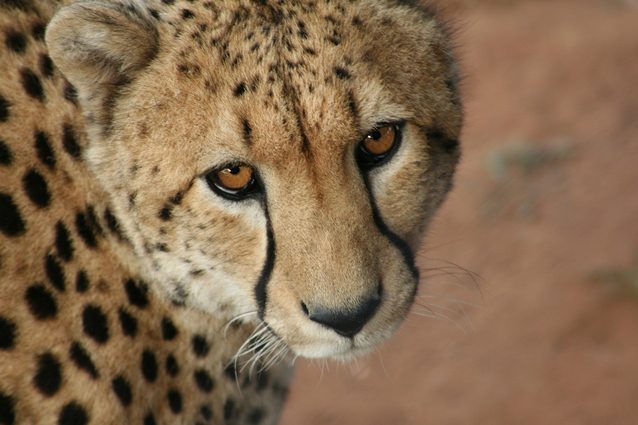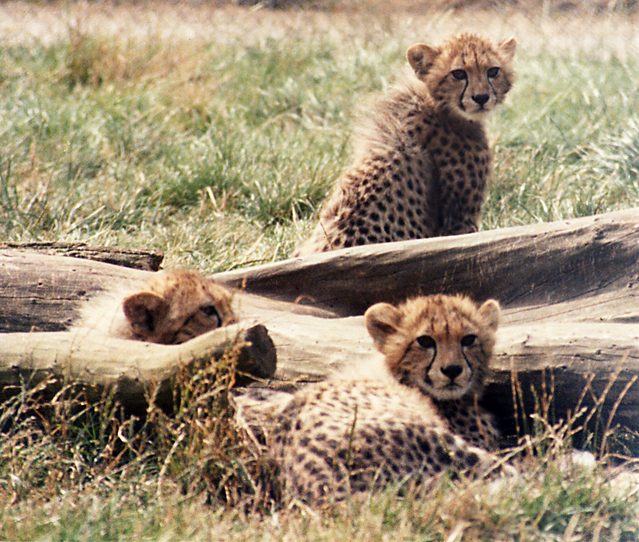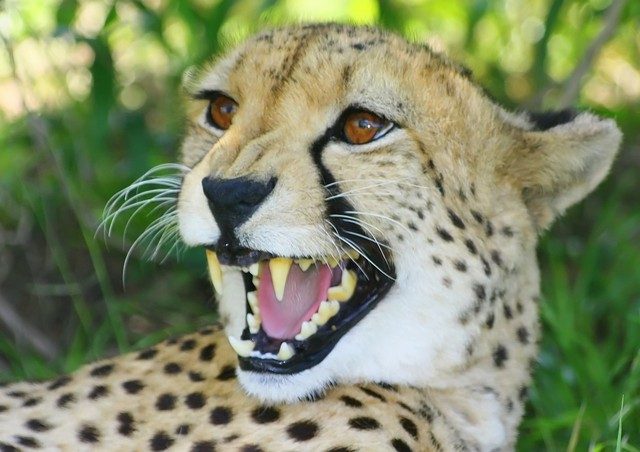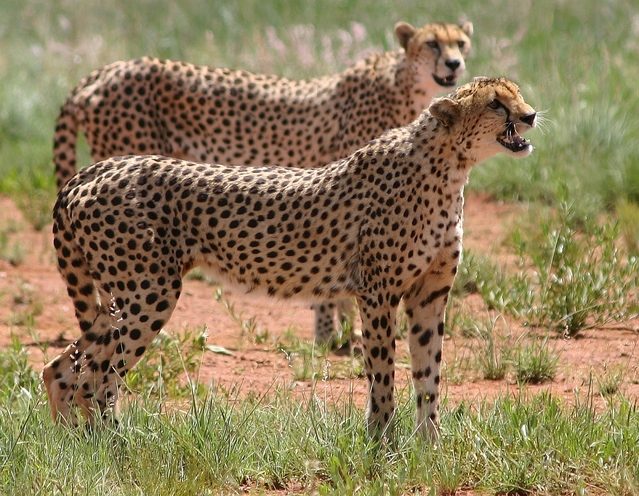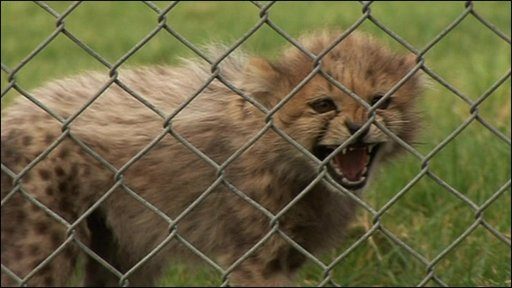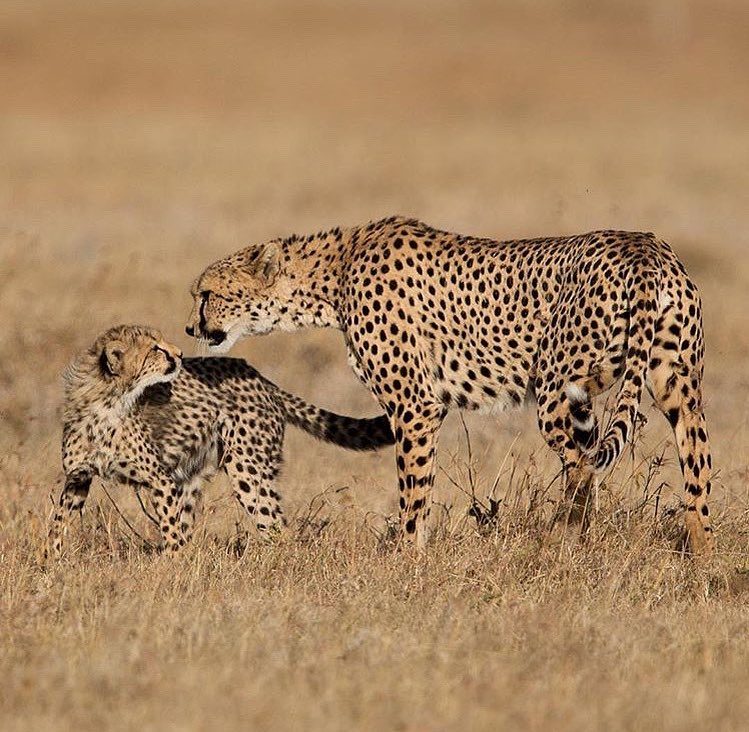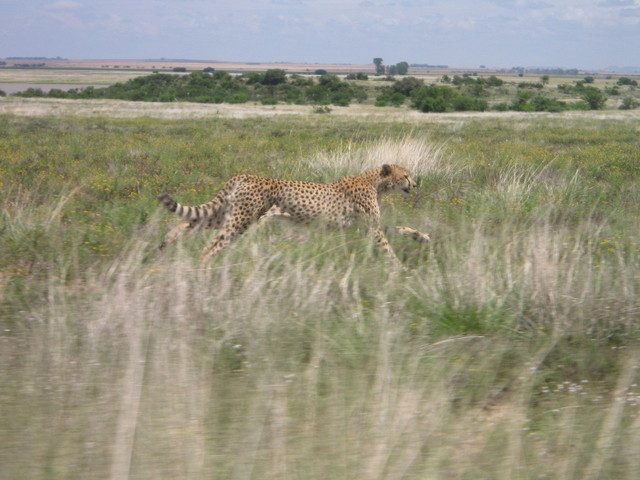Cheetahs Smuggled To The Middle East
One of the threats to the biodiversity on earth originates from people’s greed. Worldwide, wildlife trafficking fetches $20 billion. It represents the fourth most lucrative smuggling business after drugs, humans and arms. The global wildlife summit has been the most active in the recent past as it tackles the pet trade mainly because the smuggling of cheetahs into the Gulf states has been increasing. Booming wealth combined with the popularity of social media in the Gulf states has fostered this trade. It is indeed driving cheetahs in Africa to extinction.
Poached as cubs
In many cases, smuggling of cheetahs occurs when they are very young. Cheetah cubs spend up to two years with their mothers, learning how to survive. It is indeed during this crucial development periods when they are learning independent survival necessities that the smugglers steal the young and often kill the mothers. This practice of taking away cheetahs when they are still acclimating to the world is not only criminal but also incredibly cruel and highly unsustainable.
Most baby cheetahs live short lives, but a vast majority of them do not even make it to the destination as they are often treated poorly during transit. The mortality rate of such cheetahs taken from their mother is as high as 70%. Tragically, only one in six survive. Hence, traffickers will take additional ones to make up the loss. They sell the surviving animals to people who buy them to show off, which may not be negative, but it becomes difficult to provide the care they need. As unique and adorable as these animals may be, animal welfare associates and wildlife experts say keeping exotic animals is harmful to the environment and the pet owners.
Smuggled in stealth
Cheetahs command exorbitantly high prices. But wildlife authorities prohibit poaching. So, breeding operation and pet trade continues in the shadows. People ship out these animals by boats from conflict-ridden Somalia, Ethiopia, north of Kenya and the Red Sea to war-torn Yemen before heading towards other Gulf countries. The customs regulations in Yemen and Somalia are very lenient. Moreover, the network has many routes to other Arab countries.
Private ownership fetish
The wealthy Arabs in the Middle East relish in having a cheetah. They think having a cheetah makes them look important. People boast about owning these exotic pets. Cheetahs are obtained both legally and unlawfully, bought at auctions, or found in the wild. The Wildlife Trade Cheetah Conservation estimates that the illegal market for pet cheetahs in Saudi Arabia, Kuwait, UAE, and Qatar provide a steady supply of 300 cubs a year.
The Emirates law
Cheetahs have become luxury pets in the United Arab Emirates, whose owners will pose with them or stage them for photo ops in fancy cars. There are even reports of cheetahs being taken outside in the major cities. Perhaps even worse are the videos and pictures of children playing with cheetahs. Such irresponsible behavior leads people to believe these feral cats make great family pets. But they do not. This exposure is what fuels the exotic pet trade that snatches animals from their natural habitats. Buying captive-bred cheetahs are legal, but it is likely that the captive breeders in the country have originated from illegitimate means. Interestingly, some people take pride in obtaining them through illegal methods. Vets have seen many sick and diseased cubs in pathetic conditions. The dead cheetah’s autopsy often reveals that they died from accidentally drinking anti-freeze or from poor nutrition.
Pet ownership regulated
The emirate of Ajman, in 2011, banned owning exotic pets, wild animals, and reptiles. The emirate of Sharjah followed suit and in 2014 made it criminal to possess and trade exotic wild animals. Eventually, on the 4th of January 2017, United Arab Emirates outlawed the private ownership of wild animals, including cheetahs, after mounting pressure from the animal welfare groups. The national law forbids trade of exotic pets not only in Ajman and Sharjah but also in each of the emirate. Under the ruling, even breeding wild animals is punishable.
The ban is due to ill-informed purchases of animals, which has often led to negligent abandonment and poor welfare of the cats. The new law stops individuals from walking around with a cheetah and other fat cats on a leash. Animals can only be kept in wildlife parks, zoos, circuses and research and breeding centers. Under the new law, penalties for those who break the law include substantial fines and a jail term of up to six months. The new law is a victory for animal advocates who speak up for wild animals who are trafficked only to show up on social media. Conventional pet owners will also be affected. Traditional pet owners must show a permit and keep them on the leash when in public.
Rich Kuwait City
In Kuwait, owning exotic wild is illegal. But the Kuwaiti law regarding the prevention of the possession of wild animals seems broad and vague, lacking strict penalties against the criminals.
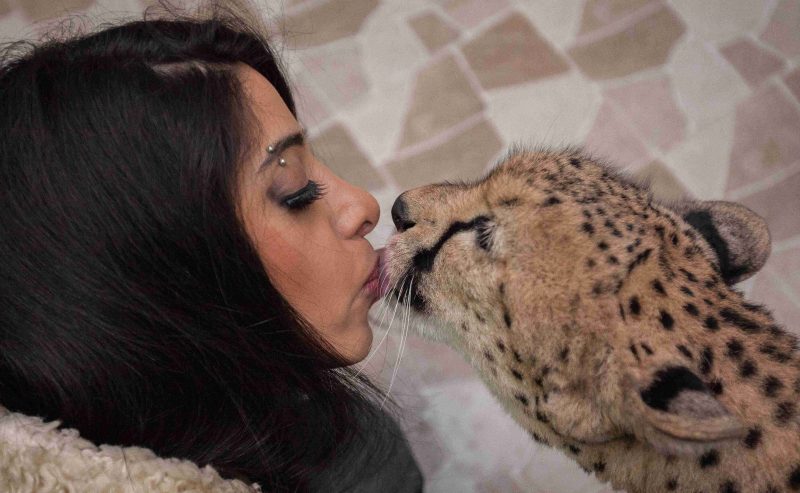
Jaber from Kuwait bought two African cheetahs, in 2013 and 2014 for $3,000/- each from an active network that smuggled them Source: Middle East Eye
Jaber from Kuwait City bought both Shahad and Mark, two African cheetahs, in 2013 and 2014 for $3,000/- each from an active network at the Kuwait International Airport that smuggled them from Africa. She purchased them when they were a few months old. Jaber spends $350/- a month for their food and care. She keeps the animals in a cage in the basement of the building most of the time but sets them loose daily for a while. In another incident, a lion mauled a Filipina maid that died a few days later from her wounds. Her death provoked considerable outrage across Kuwait. A friend of the employer, Mohammad, claims that he hid the animal but was afraid of giving the lion to the authorities and implicating himself. So, he took the lion to the desert and shot it.
The Gulf States do not forbid exotic pets. Even if they do, the laws are very lax and not as strict as other countries. The cheetah pet trade will continue as long as they do not impose stringent measures.
5 Frequently Asked Questions About Cheetahs As pets
To receive a colourful digibook about cheetah with videos, images and text, please fill out the following form or simply email us on safaris@safari-center.com

